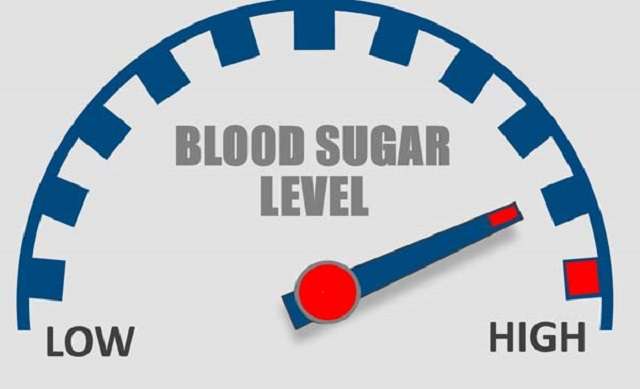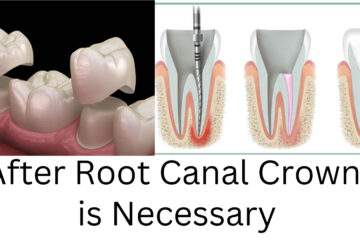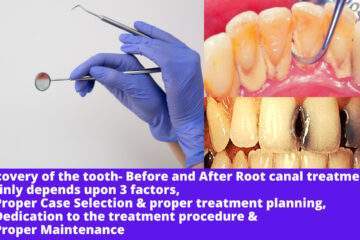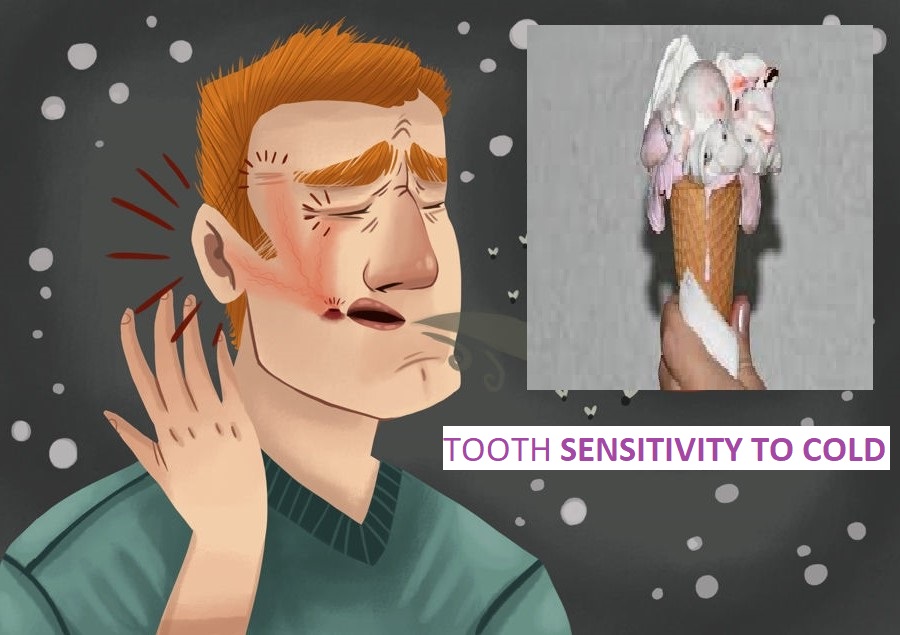Diabetes and Oral Health Care
The Relationship between Diabetes and Gum disease/ Periodontal Disease has been extensively examined. The increased prevalence and severity of Periodontitis (it is one kind of gum disease, due to this disease severe level of bone destruction and clinical attachment loss happened around the teeth). In fact the American Dental Association in 2009 stated that for standards for medical care assessment of patient’s history of dental disease as part recommended medical history in Diabetic patient Evaluation. The better one’s oral health, the better diabetes control and vice versa.
To know more about Diabetes Causes, Symptoms, Prevention, Risk factor & Treatment- CLICK HERE
Usually, this following questions are asked by patients :
1) Does the presence or severity of Gum or Periodontal Disease affect the metabolic state in diabetic patients ?
2) Does Gum/Periodontal treatment aimed at reducing bacterial challenge and minimizing inflammation have measurable effect on glycemic (Blood glucose ) Control?
3) What is the co-relation between Diabetes and Oral Health Care?
- In Diabetic patients with Periodontis, Gum/Periodontal treatment therap Periodontal treatments on glycemic control .
- It have been seen that Gum /Periodontal treatment like (Scaling and Root planing, Periodontal flap Surgery) Using systemic Antibiotic resulted in decreased insulin demand . In this way, Dental Treatment can create significant improvement in Glycemic control in Diabetic Treatments .
CLICK HERE & KNOW ABOUT Oral Hygiene & General Health
In a more recent case series evaluating scaling and root planing combined with Doxycycline therapy for 2 weeks . a small group of type 1 diabetic patients with improved oral health also had significant improvement in glycemic control. One another study , which was done in type 2 diabetic patients, In this study poorly controlled Type 2 diabetic and severe Periodontitis patients had been given Gum/Periodontal treatment (Scaling and root planing with using systemic Doxycycline for 14 days.) Those treated with Doxycycline had a greater reduction in the prevalence of P. gingivalis. In this study, all patients had significant improvements in Gum/Periodontal Status. It also demonstrated significant improvement in glycemic control around 3 months after treatment, which gradually reverted to baseline levels at 6 months .
It is well known that systemic inflammation plays a major rule in insulin sensitivity and glucose dynamics. Periodontal //Gum disease can induce an elevated systemic chronic inflammatory state as reflected in increased serum CRP, Inter Lukin -6 and fibrionogen levels seen in many people with periodontists. Inflammation induces insulin resistance and such resistance often accompanies systemic infections Systemic infections increase tissue resistance to insulin through a variety of mechanisms, preventing glucose from entering target cells , causing elevated blood glucose levels , and requiring increased pancreatic insulin production to maintain normoglycemia. Insulin resistance may persist for weeks or even months after the patient has recovered clinically from their illness .
It is possible that chronic gram negative periodontal /gum infection may also result in increased insulin resistance and poor glycemic control. In patients with periodontitis, persistent systemic challenge with periodontopathic bacteria and their products may act to make well- recognized systemic infections. This mechanism would explain the worsening of glycemic control associated with severe Periodontists. Periodontal treatment/Gum treatment designed to decrease the bacterial insult and reduce inflammation might restore insulin sensitivity over time , resulting in improved metabolic control.
Dental Surgeon & Consultant Periodontist and Oral Implantologist





0 Comments